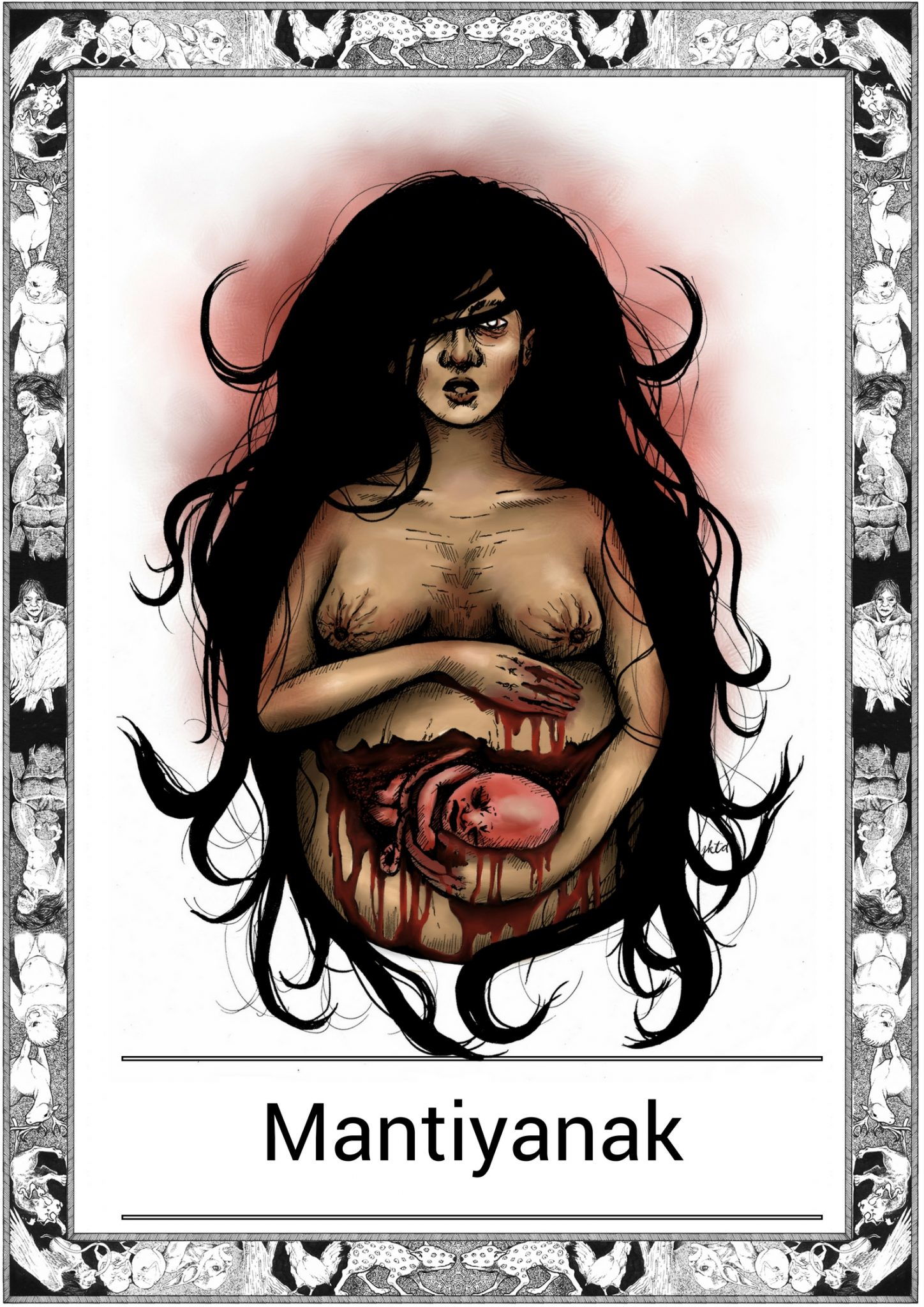
*Note this story is in Cebuano
Uhaaaa! Uhaaaa!
“Ayaw nag hilak anak, piyunga imong mga mata, ayaw nag kabalaka kay maayo rani tanan.” Ang babayi mi hikap sa iyang tiyan, ug gi sigurado nga nahimutang iyang anak.
“Hinaut nga di ka ma sama sa imong amahan, ayaw intawon sunda ang mga ngil-ad nga mga lalaki, kanunay mag pangita sa usa ka butang apan mu biya ug kalit inig makuha na nila. ‘Ana jud nang mga lalaki’ ang pinulungan sa mga tao, apan wa nila huna-hunaa nga ang bayi gayud ang alakansi.”
Uhaaaa! Uhaaaa!
“Kabalo ko nga awahi na tanan, apan akong buhaton ang gikinahanglan. Kingnanlan nako pahibawon tanan nga mga ngil-ad nga mga lalaki nga di nila mahimong duwa-duwaan lang ang mga babayi. Pait kaayo ning kalibutana ug aduna koy gi lahi nga kalagot alang kanila.”
Uhaaaa! Uhaaaa!
“Kay mao man ang angay kanila. Ilang gi pugos ang ilang gusto kanako. Kaniadto kay putli pa kaayo kong bayhana, ug hayag pa ang kaugmaon, apan karon ani-a ko ngari. Mao ni atong kahimtang. Ani-a ta gi lubong ug ari ta hangtod sa kahangturan, apan gikinahanglan ko mag inani, kinahanglan sila maka tilaw sa akong kasakit.”
“Akong kuhaon ang butang nga ilang gi amping-apingan. Akong kuhaon ang ilang pagka lalaki ug tanawun nako sila hangtod mahurot ang ilang dugo.”
Uhaaaa! Uhaaaa!
“Shhh, shhh. Ayaw ug kahadlok. Naa ra imong inahan. Akong siguraduon nga ang kalibutan ma luwas aning mga salbahis nga mga lalaki. Buhi pa unta ta karon. Kung dili tungod nila. Buhi pa unta kitang duha sa pait nga kalibutan nga maoy nag gama kanato.”
UHAAAA! UHAAA!
“Ayaw nag langas! Aduna koy nakitang laki. Padulong siya ngari. Ayaw ug kabalaka kay kadiyot rako. Ganahan ka nga inig human ni mama mag duwa ta? Ayaw ug langas kay ako siyang duolon.”
————————–
English Version
WAAAAH! WAAAAAAH!
“Hush little child, close your eyes, don’t worry we will be alright.” The woman holds her belly tight, making sure that her child is safe.
“Please don’t be like your father, don’t be like any of those hideous men, always looking for one thing then leaving when they get it. ‘Boys will be boys’ they always say, but they never realize that girls are always going to be the ones left behind.”
WAAAAH! WAAAAAAH!
“I know it may seem late, but mommy’s going out to do what she has to do. She has to let all those evil men know that you can’t just leave women behind. It’s a cruel world out there and I reserve a special kind of cruelty for them.”
WAAAAH! WAAAAAAH!
“Because they deserve it. It was their filth that entered me. I was just an innocent young woman, with her whole life ahead of her, and now here I am. Here we are. We were buried together and we will be together until the end of time, but if I have to be this way, then I will not suffer alone.
I will take what they think is the most important thing that they have. Their precious ‘manhood’ and I will enjoy watching them bleed out.”
WAAAAH! WAAAAAAH!
“Shhh, shhh. I didn’t mean to scare you. But it’s okay, mama’s here. She’ll make sure the world is safe from those cruel men. We could have lived you know? If not for them. We could have been together just you and me, against the world that made us what we are.”
WAAAAH! WAAAAAAH!
“Now hush! I see a man on his way. Now don’t worry this won’t take long. And afterwards you can play with mama alright? Now stay quiet while I go say hello.”
————————–
*The Cebuano language, alternatively called Cebuan and also often colloquially albeit informally referred to by most of its speakers simply as Bisaya (“Visayan”, not to be confused with other Visayan languages nor Brunei Bisaya language), is an Austronesian regional language spoken in the Philippines by about 21 million people, mostly in Central Visayas, western parts of Eastern Visayas and most parts of Mindanao, most of whom belong to various Visayan ethnolingusitic groups, mainly the Cebuanos. It is the by far the most widely spoken of the Visayan languages, which are in turn part of wider the Philippine languages. The reference to the language as Bisaya is not encouraged anymore by linguists due to the many languages within the Visayan language group that may be confused with the term. The Komisyon ng Wikang Filipino, the official regulating body of Philippine languages, spells the name of the language as Sebwano.
Written by Karl Gaverza
Cebuano Translation by Kuan Carlo
Copyright © Karl Gaverza
Translation Copyright © Kuan Carlo
Inspired by the Mantiyanak legends from Mindanao
Mantiyanak illustration by Julia Kristen Delos Santos
FB: JKTD
